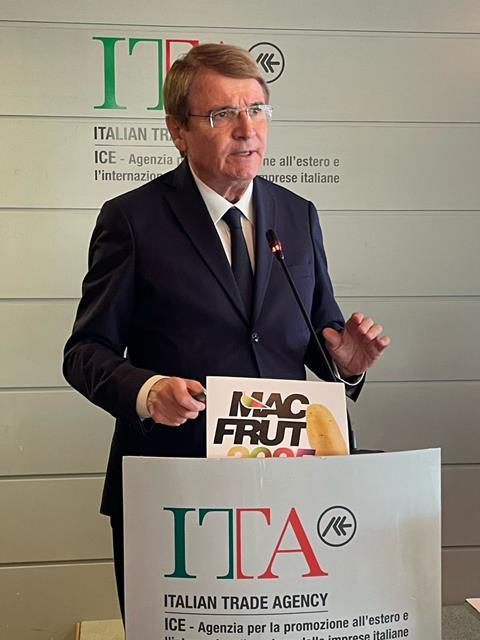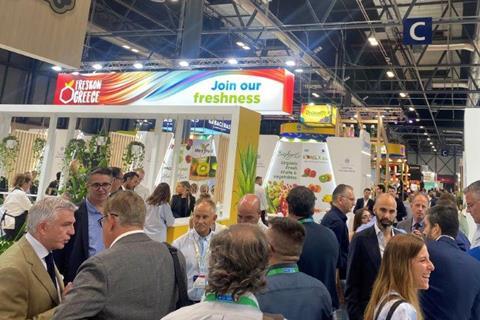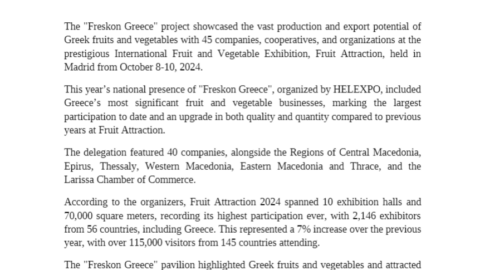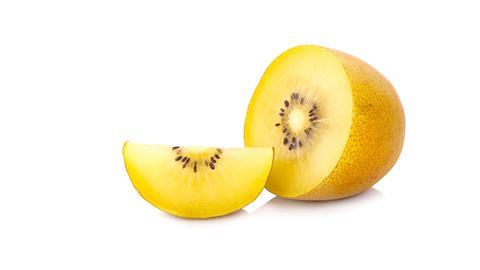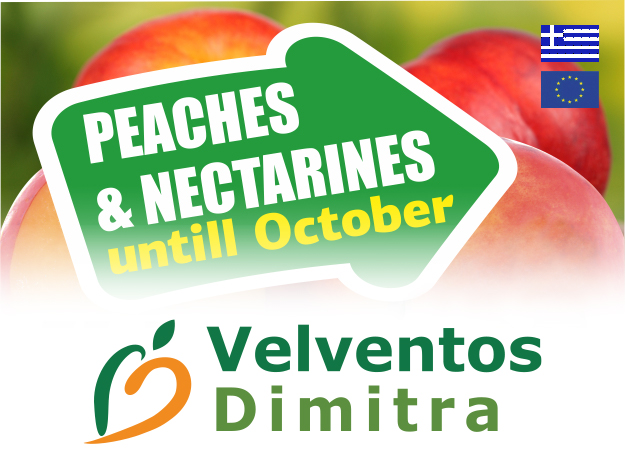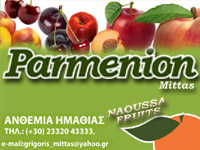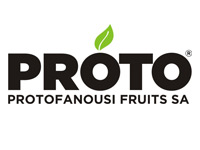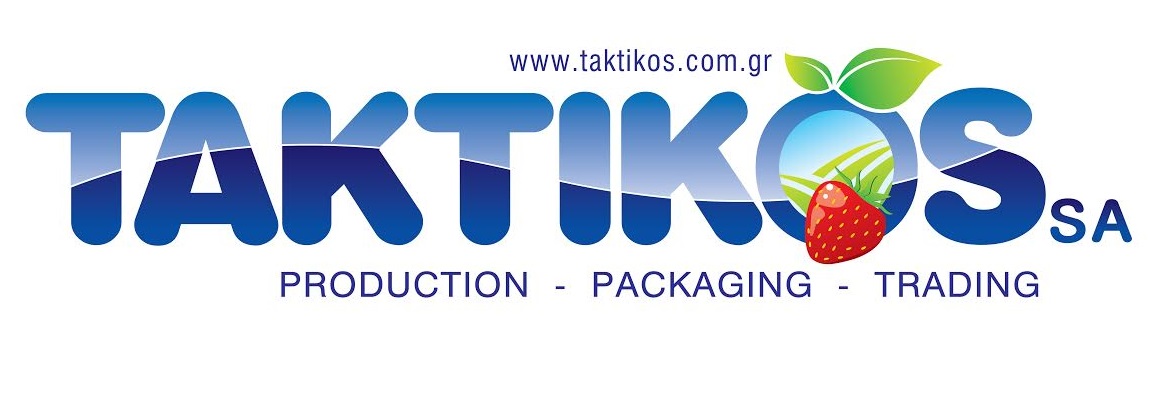Mr. Kornarakis forecasts a good crop for the late varieties as well: “It seems that the new season will be better than the previous one, since there is no repeat of the extended fruit fall that we experienced last season in Hass and Reed. There are, of course, some spots where the special microclimate has caused damage to the fruitset of Hass, while some impacts will be also shown in Reed at these same spots during the spring. However, we expect by far a richer production in both varieties, which constitute the majority of our cooperative crop and the two of them together this year can surpass 800 tons”.

The European market is one case; the Greek market is another
It seems that the Greek retailers’ and consumers’ perceptions of avocado are quite different than those of the Europeans. There is one great difference, according to the sales director of the Chania cooperative: “Our cooperative has started during the last years to promote the cultivation of Lamb Hass, a late variety for our summer supplies. Lamb Hass orchards yield big fruits. Unfortunately, though Lamb Hass is an exceptional variety and in line with the international consuming trends, Greek supermarket chains are used to receiving green avocados and when they receive dark skin fruits, they reject them. In the Hass and Lamb Hass case, this means that the supermarkets undermine their own profitability, since these two varieties have the right taste only when they have obtained dark-colored skin on tree. When Greek green avocados are over, the same retailers begin to import green avocados. For our part, we have taken action to change this mindset through promotional campaigns. There is some success and we keep improving it.” There are additional differences in the type of avocados traded inside the Greek market and abroad: “Our conventional production is directed to both domestic and foreign markets, but our entire organic crop goes to exports. We ship avocados to France, Denmark, Belgium and Holland,” says the Cretan sales director.

Cretan growers continue planting avocados
As Mr. Kornarakis describes, the expansion of avocado plantations in Crete remains on track, though at a reduced pace compared to last years. He states that the dominant varieties are Fuerte and Hass: “Avocados might be demanding to cultivate and each year we may see some fruit imperfections, but they keep expanding. The reason is simple; they constitute the most profitable alternative for citrus cultivation, which suffers from many production problems and sees low prices.” “Let me put it clear”, says Mr. Kornarakis: “A grower will get paid 50 euros for a 20kg avocados box, while at the same time for a 20kg oranges box he will get ten times less than this, at best.”

On the other hand, nothing is easy at all. “What stumps us in the competition of avocados of foreign origin is the price. While the Cretan growers get paid 2,50 euros/kg, the imported ones are delivered to the Central F&V Markets of Athens and Thessaloniki at 1,90 euros/kg. This is a great difference. Our counterpoints are the taste and the quality of our fruits, on which we focus in order to gain better prices from our buyers,” concludes the sales director of the Agricultural Cooperative of Chania.
For more information:
Yorgos Kornarakis
Agricultural Cooperative of Chania
Tel: +30 28210 84830
Mob: +30 69732 39710
Email: sales_citrus@chaniacoop.gr
https://www.chaniacoop.gr/




